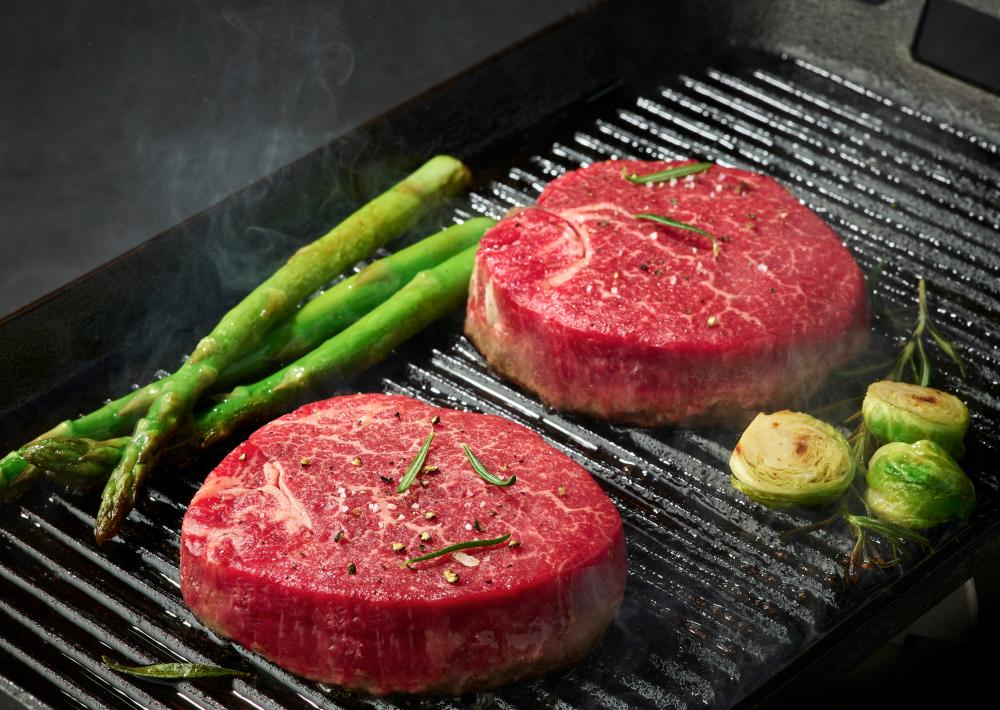FOR the last decade, the Hallyu wave has had a strong cultural influence in Malaysia. Like many others globally, Malaysians are hooked on various aspects of the South Korean culture.
South Korean cuisine, in particular, has found a strong footing as local gastronomes are fond of delicacies such as kimchi, bibimbap and Korean fried chicken.
Their cravings are expected to grow as Korea’s premium beef MiGyeongSan Hanwoo has made its debut in Malaysia.
Rare and premium beef
MiGyeongSan Hanwoo is a rare variety of Korean premium beef. The meat is said to be produced by young Hanwoo heifers who have never calved and are fed a controlled diet.
This, in turn, results in exceptionally tender meat with a finer grain and more delicate texture compared with beef from older cows or steers.
Its tenderness and marbling reigns superior too, having a rich marbling of intramuscular fat that adds juiciness and a luxurious, buttery flavour.
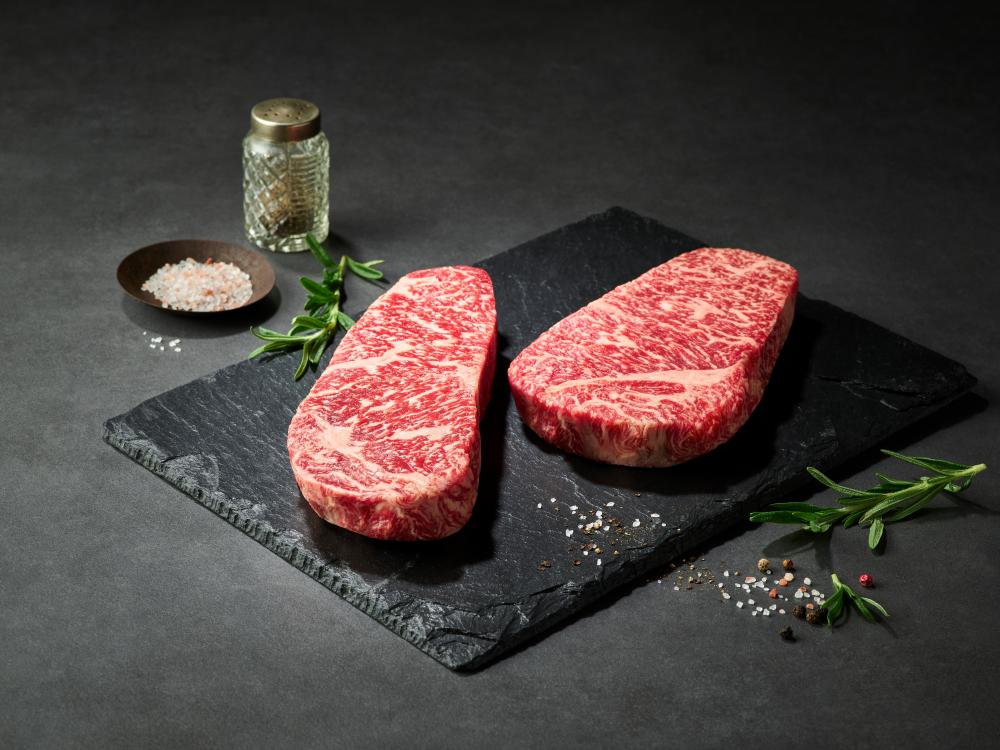
As such, its meat is prized by connoisseurs in South Korea. So much so it is known as a national “cultural asset”, representing the finest of South Korea’s culinary culture.
It boasts the highest grade on the country’s beef grading system, having a Grade 1++ certification for its marbling from the South Korean government.
Historic Malaysian milestone
For the first time, the MiGyeongSan Hanwoo beef has been introduced outside of South Korea.
With the help of marketing agency Plan New founder Olivia Lee-Lepinoy, Malaysia is the first country to receive the exclusive halal version of MiGyeongSan Hanwoo beef.
Lee, who was formerly a trained chef, was inspired to carry out the introduction out of her sheer passion for the delicacy. Though she initially had drawbacks, she was confident that Malaysians would share her adoration upon the right introduction.
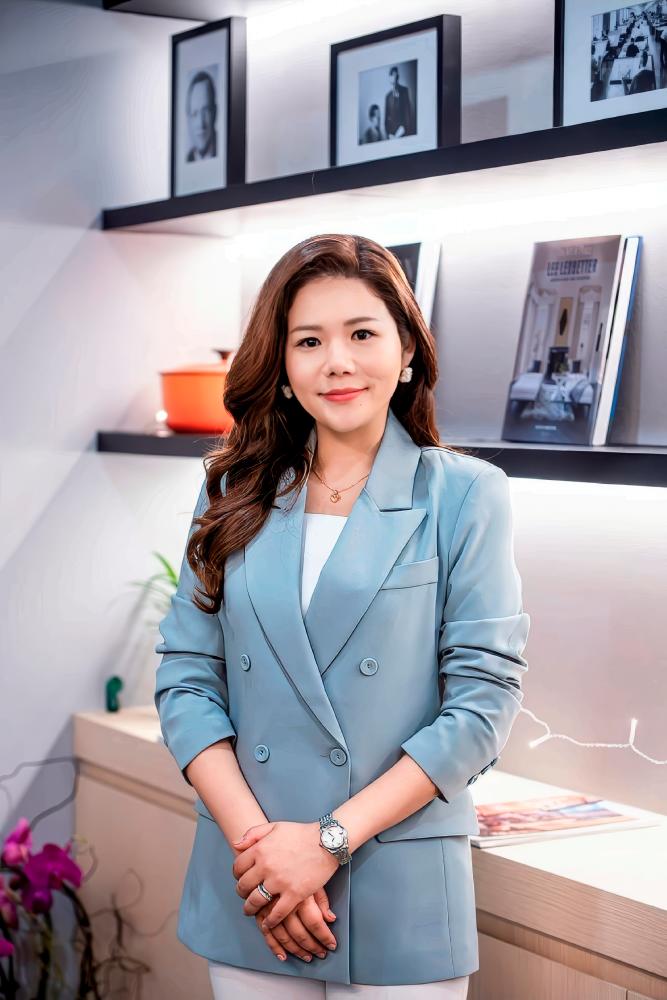
“I opened my company in Malaysia, January 2023. But during the initial stages, I heard many saying the Hanwoo beef would not work in Malaysia, (maybe) because they were not exposed to the right grade of meat.
“So, I focused on bringing the best quality, showcasing the quality and richness of the Hanwoo beef to Malaysians,” said the culinary expert who has worked with Michelin-starred restaurants.
Plus, she is aware of Malaysians’ love for food. Realising the local appetite for various cuisines, Lee launched several initiatives such as the MiGyeongSan Hanwoo masterclass. The session was led by Michelin-recognised chef Yoon Wonsuk.
The chef, who is listed in Seoul’s Michelin Guide and 50 Best Recognised Korean barbecue specialist Byeokje Galbi, guided participants on ways to prepare the delicacy.
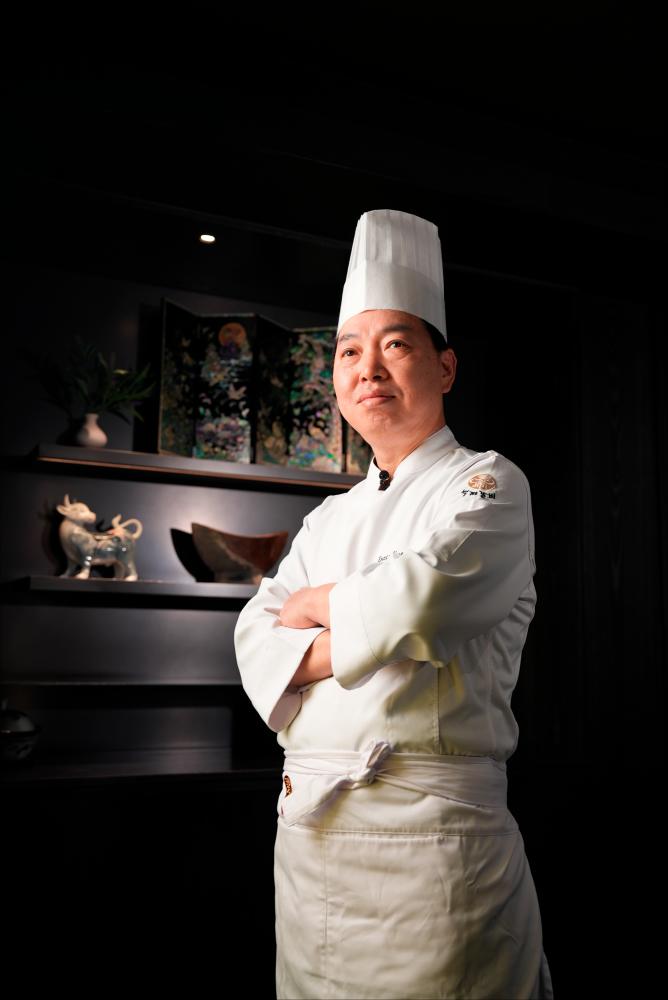
“I have loved Korean beef for 43 years. I have always wanted to cook Korean beef outside my home country and that became a reality. It is like a dream come true,” proclaimed Yoon.
Korean beef with local flavours
Similarly to Lee, Yoon is confident that Malaysians would take delight in the Hanwoo beef, considering the similarities of recipes between Malaysia and South Korea.
“I have eaten a lot of Malaysian food and it is similar to Korean food. Both of them have a lot of similarities in recipe with each other such as sambal and gochujang.
“So, I thought if I introduced the Korean beef here, Malaysians would like it. They will be able to make their own recipe with the beef.”
When asked what dishes would blend well, he noted rendang as the ideal candidate to pair with the Hanwoo beef.
“Based on my experience, rendang would go well with the beef. Its taste would complement the richness of the Hanwoo beef.”
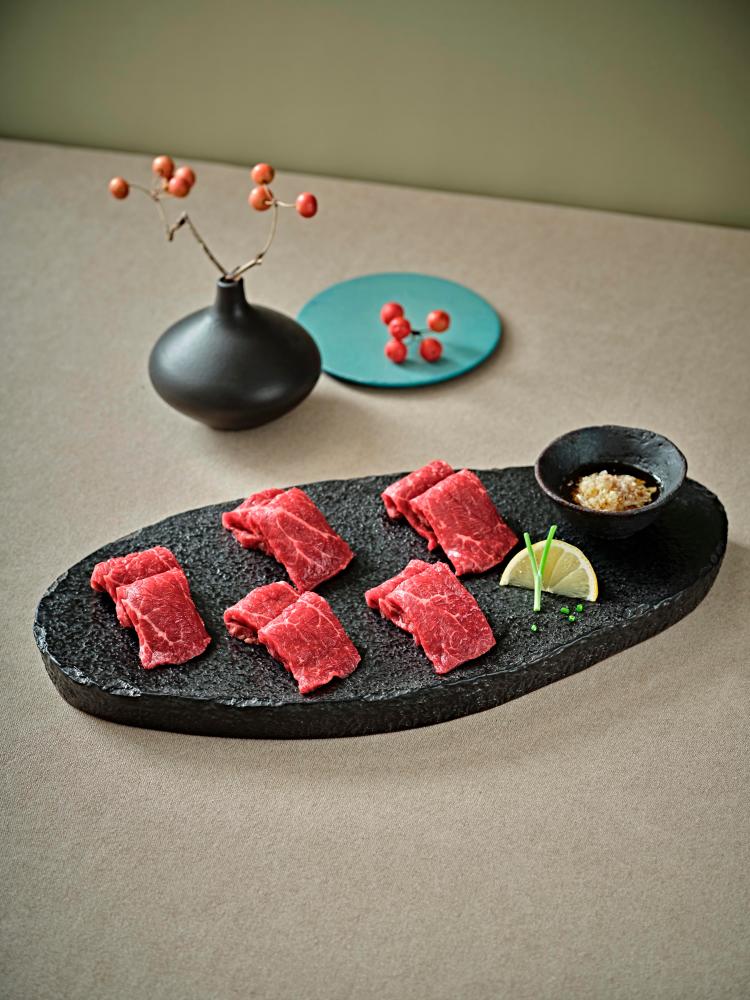
To indulge in the richness, one would be required to grill the meat. Yoon believes equipment such as the non-smoke grill will do the trick. Not only will it prevent the smoke from creating a hassle, it will also draw the flavours out.
“The second thing is that right after the grilling, resting is important. So, if you have a warmer, not necessarily the fancy one and some candles, you can serve the beef as hot as it is.”
Maintaining standards
Now that it is being made more accessible, one would wonder if its increased exposure could affect the quality in the long run. After years of being a rare delicacy, will its standard remain as it is?
Lee assures so, noting she is dedicated to maintaining the quality and prestige of the Hanwoo beef.
“I aim to keep the quality. I am not selling a lot. I am not working with the quantity. I want to work with quality. That is why I am currently focusing on marketing it to the premium market.
“This beef is known for its quality. So, I aimed to maintain it that way. Otherwise, it does not make sense for me to sell it.”
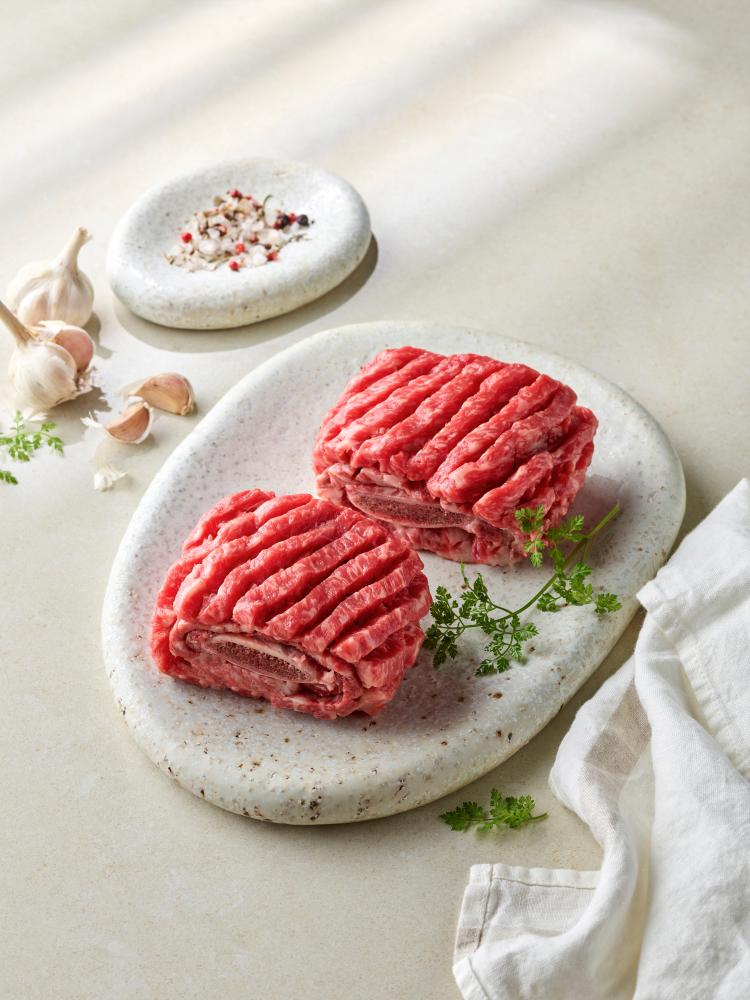
New traditions
Lee and Yoon expressed hope that Malaysians will embrace Hanwoo beef. Lee, who is working on implementing new promotional initiatives, wishes for local foodies to include the delicacy in their festive celebrations.
“During celebrations, such as New Year gatherings, I hope Malaysians would go to restaurants to enjoy Hanwoo beef. They could give the beef as presents too as we have hampers in Culina.
“I also hope to work with more chefs to spread the knowledge on how to prepare the beef,” concluded Lee.
As for Yoon, he wishes for local foodies to enjoy and share his love for the delicacy.
“I hope Malaysians will take the opportunity to indulge in this beef, and savour the taste and health benefits. This is because if you compare the Korean beef, it has much more nutrients, well-balanced fats and protein.
“That is why it gives a deep flavour. Since I have travelled the world and tried various kinds of beef, I personally think this beef is the best of the best.”
The MiGyeongSan Hanwoo beef is now available in limited quantities at Culina Kuala Lumpur in Four Seasons Shoppes. With a variety of cuts, MiGyeongSan Hanwoo prices start at RM31.30 per 100g at the butchery section.



